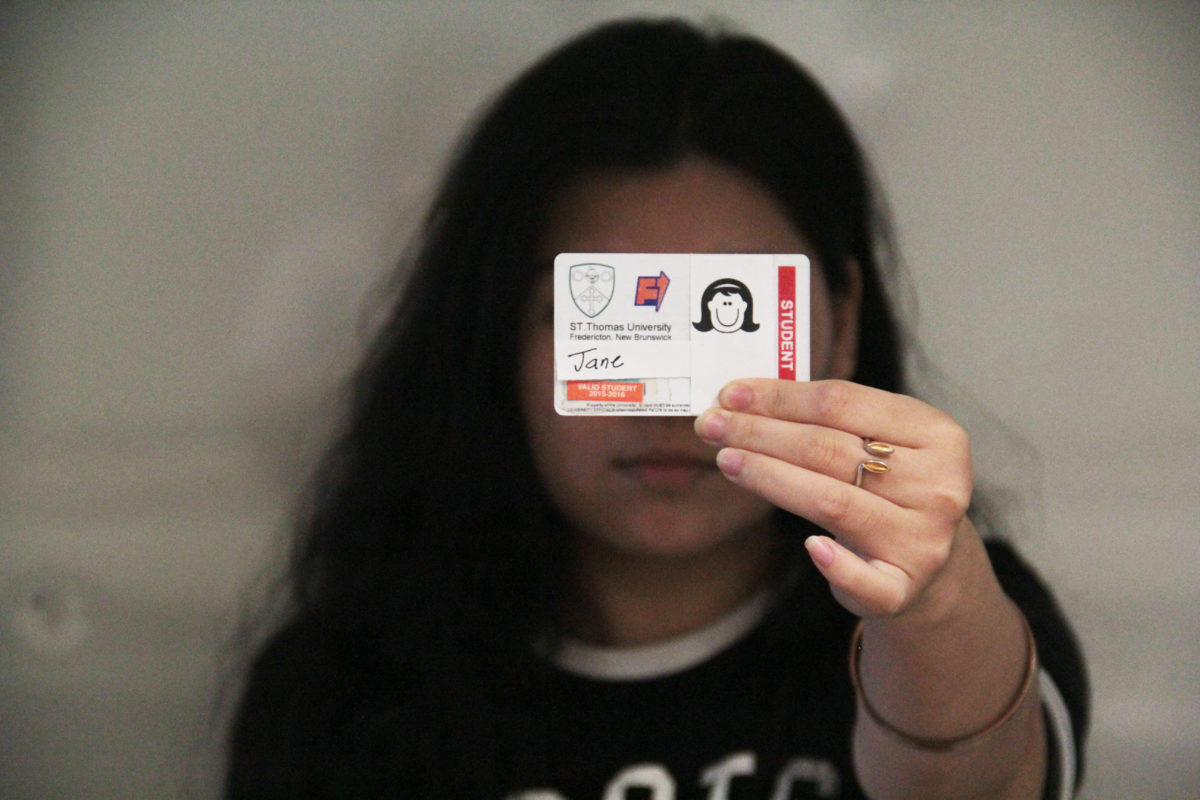“Beer,” he said. “My name’s Beer.”
Christopher Van Den Broeck, English as a second language professor in Seoul, South Korea at the time, heard chuckles in his classroom and decided to play along with his new student.
“Fine, Beer it is.”
The practice of Asian people choosing English names dates back to the 1950s, a time in which China’s quick rise as an economic superpower began. As East met West, having names in the same language, the easiest being English, facilitated cross-cultural communication.
It’s a practice adopted not only for business and politics but also in schools and universities.
Sometimes, being able to choose your own name can be used to make fun of professors and make classmates laugh. That happened a few times to Van Den Broeck, now St. Thomas University’s English as a second language co-ordinator.
But for many Asian students, like Matthew Pan who graduated from STU in May, it smoothed the transition of learning a new culture and a completely different language.
“It helped me a lot, especially in my first year when I just arrived to Canada. It helped me blend in with my surroundings, fit in with the local culture and social habits. People can easily remember me from my name,” said Matthew.
Even though choosing an English name was difficult for him, he never regretted it.
“The hardest part was I didn’t know the meaning behind each name. I didn’t really know if there was any special notice that I should avoid when choosing it. You know, everyone wanna get a cool name,” said Matthew.
However, Van den Broeck said he would never pressure his students to use an English name. He lets them decide for themselves.
“I don’t want to give them the perception that in order for them to succeed in any way as a language learner they need to take on an English name.”
While working in South Korea, Van den Broeck saw many professors choosing names for their students.
“Giving your students names, I don’t think it is appropriate. You’re coming off as imposing yourself onto somebody’s identity.”
Van den Broeck said students who decide to choose an English name usually approach it in a fun way, like asking to be named after soccer players.
“Many times they would be going after an athlete’s name. I’ve had so many students say ‘call me Cristiano’ or ‘call me Leo,’” he says.
He said sometimes though, students have too much fun with it. That’s why Van den Broeck has now some rules for his students: They can’t choose a food, beverage or an inanimate object, such as Table, as a name.
However, most of the time students take this practice seriously and devote a lot of thought and effort in finding a name that fits with their personality. Many even fall in love with these names. They stop being just nicknames, as happened to Pan.
“I love ‘Matthew’. I am Matthew, it isn’t just a single letter, it’s one phase of my life, it is a record of the time that I spent in Canada and my English life,” he said.

